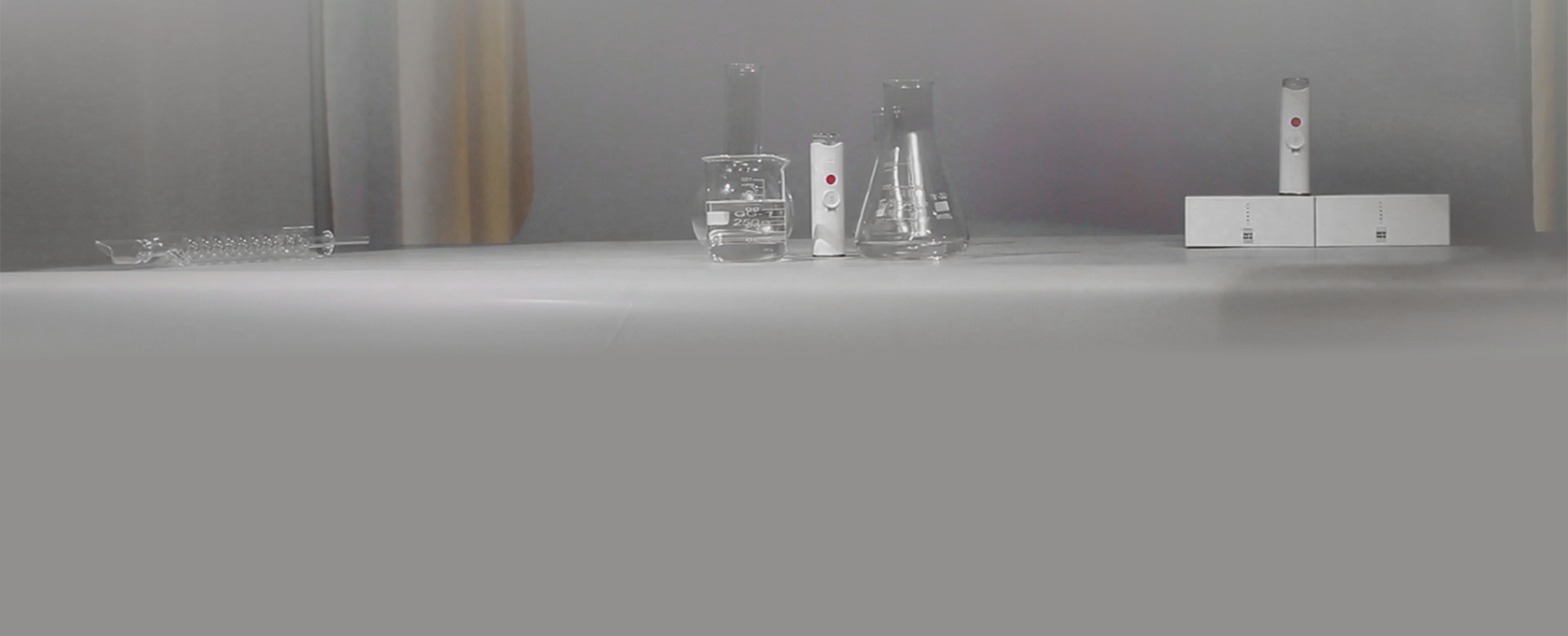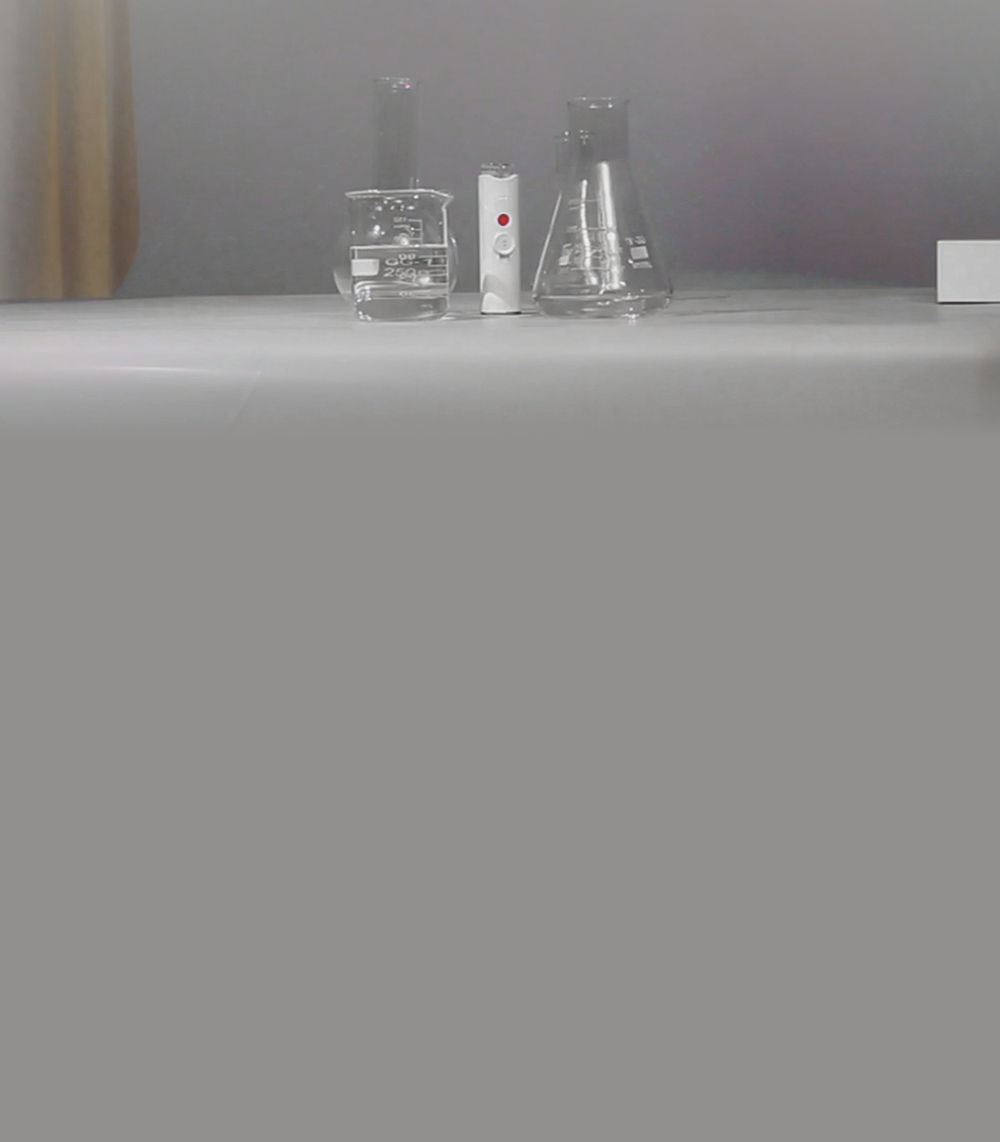The environmental impact of traditional eye care versus spray systems reveals surprising findings:
Life Cycle Assessment Highlights
Glass dropper bottles generate 3.2kg CO2e per unit
Plastic spray systems: 1.1kg CO2e (-66%)
Our aluminum refill pods: 0.4kg CO2e (-88%)
Water Footprint Reduction
• Conventional manufacturing uses 18L water per 10ml product
• Our dry-mist technology requires just 2.5L (86% savings)
Three Game-Changing Eco-Innovations:
Nozzle Recycling Program
Tungsten carbide components recovered via magnetic separation
Reused up to 20x without performance loss
Carbon-Negative Formula
Each spray sequesters 0.3g of atmospheric CO2 via algal photosynthesis
Projected 12-ton annual offset at current production
Wildlife-Safe Preservatives
Replaced BAK with enzymatically synthesized antimicrobial peptides
Marine toxicity reduced from LD50=5mg/L to >1000mg/L
"The math is undeniable: if every eye drop user switched to these spray systems, we'd eliminate enough plastic waste each year to circle the equator twice. But beyond statistics, this represents something profound – proof that medical progress and environmental stewardship aren't competing priorities. The question isn't whether we can afford to adopt sustainable ophthalmic solutions... but whether we can afford not to."
- David Chen
Lead Researcher, WHO Circular Economy Taskforce

